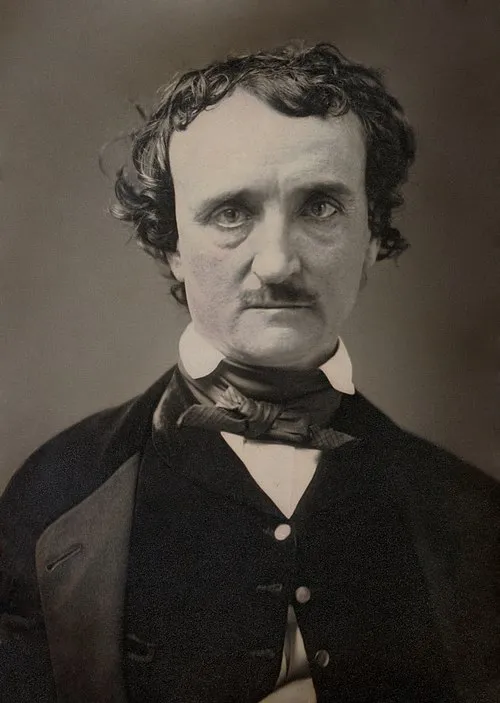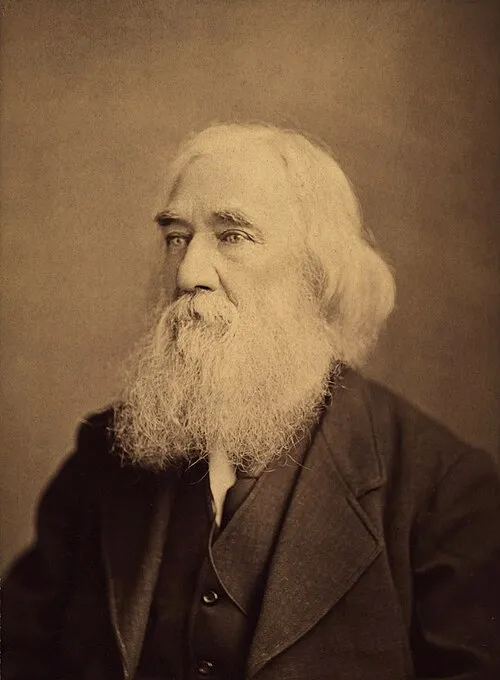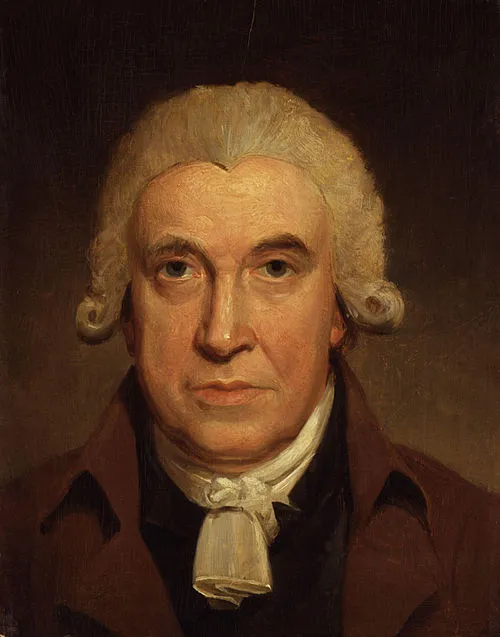
Birth Year: 1833
Full Name: Alfred Clebsch
Nationality: German
Profession: Mathematician and academic
Death Year: 1872
1833 – Alfred Clebsch, German mathematician and academic (d. 1872)
In the spring of 1833, a child was born in the small town of Oldenburg, Germany. His name was Alfred Clebsch, and little did the world know that this boy would grow up to become one of the most celebrated mathematicians of his time. As a child, Clebsch exhibited extraordinary aptitude for numbers and logic. He spent countless hours exploring mathematical concepts that intrigued him, often retreating into books filled with complex equations and abstract theories.
However, growing up in an era marked by scientific revolution came with its own set of challenges. The early 19th century was a period rife with philosophical debates surrounding mathematics and its applications in the real world. Despite this intellectual turmoil, Clebsch remained resolute in his pursuit of knowledge. He enrolled at the University of Göttingen at just sixteen years old arguably one of the most prestigious institutions for mathematics during that era.
At Göttingen, he encountered some heavyweights of mathematics: figures like Carl Friedrich Gauss and Johann Peter Gustav Lejeune Dirichlet inspired him to delve deeper into areas such as algebraic geometry and number theory. Ironically, while many students were overwhelmed by the rigor demanded by their professors, Clebsch thrived under pressure his mind danced between concepts like curves and surfaces as if they were melodies waiting to be composed.
In 1850 just a few years after he earned his doctorate Clebsch began to forge his own path within mathematics. He published his first major paper on algebraic forms; it outlined what would later be known as “Clebsch's theorem.” This groundbreaking work offered new insights into how curves intersected within projective space a topic that had long puzzled mathematicians before him. Who knows how many other young scholars felt invigorated upon reading his findings? Perhaps they realized that understanding these abstract notions could open doors to new realms within mathematical exploration.
The joy didn’t last forever… In 1854, tragedy struck when Clebsch's mentor Dirichlet passed away suddenly from illness a loss that shattered not only Alfred but also many who had looked up to Dirichlet for guidance in their academic journeys. While grappling with grief over this loss might have derailed lesser scholars' careers entirely; however instead it pushed Clebsch further towards innovation!
His work during this tumultuous period produced impressive results! In collaboration with other mathematicians such as Felix Klein later on the duo explored subjects beyond what anyone could have anticipated from modular forms to even more intricate structures involving algebraic topology! This became an integral part of modern mathematical thought...clearly showcasing just how deeply intertwined these fields truly are.
Perhaps one reason behind his relentless pursuit lay rooted in profound personal convictions: Clebsch firmly believed that mathematics could illuminate truths about nature itself! In several lectures throughout Europe and especially Germany he passionately advocated for closer ties between applied sciences & theoretical frameworks...an approach rarely embraced back then!
This belief translated effectively into classroom environments where he taught budding minds eager for knowledge but it didn't stop there! With enthusiasm unmatched among peers; students described their time studying under him akin to being gifted keys unlocking hidden realms previously unknown! Such admiration stemmed not only from passion but also from dedication displayed consistently over decades spent refining skills honed through intense collaboration alongside great minds across Europe’s evolving landscape!
His professional journey wasn’t devoid either it presented multiple opportunities abroad: universities across various nations invited him eagerly seeking expertise & insight garnered through relentless exploration over years dedicated solely towards discovering universal truths underlying seemingly complex phenomena governing mathematical relationships...
A critical moment arrived when Alfred received recognition amidst European conferences discussing advancements made recently concerning polynomial equations a realm ripe full possibilities awaiting exploration yet plagued uncertainties haunting researchers attempting grasp intricate rules governing interactions occurring therein... Despite numerous challenges faced along pathway traveled thus far; it seemed no barrier stood too tall against them together striving towards enlightenment emerging perhaps eternal quest inherent within academia itself!
Inevitably though: life takes unexpected turns without warning and so did fate for our beloved scholar whose story continues weaving threads intertwining brilliance crafted throughout lifetimes illuminating pathways traversed seeking understandings comprehending elusive mysteries pervading existence itself…
Early Life and Education
Clebsch demonstrated extraordinary intellectual capabilities from a young age. He began his studies at the University of Göttingen, one of the leading centers for mathematical research in Europe at the time. Under the guidance of eminent mathematicians such as Carl Friedrich Gauss and Peter Gustav Lejeune Dirichlet, Clebsch honed his skills and developed a passion for mathematical theories.
Contributions to Mathematics
Clebsch is perhaps best known for his work in algebraic geometry and the theory of functions of several variables. He introduced the concept of Clebsch forms, which are essential in understanding certain classes of multivariable functions. His collaboration with other mathematicians, including Julius Plücker, led to significant advancements in projective geometry. Together, they worked on the Clebsch manifold, which plays a pivotal role in the study of algebraic surfaces.
Academic Career
After completing his education, Clebsch took on various academic roles, including a professorship at the University of Göttingen. He also held positions at the University of Berlin, where he influenced a generation of mathematicians. His lectures were known for their clarity and depth, making complex theories accessible to students.







